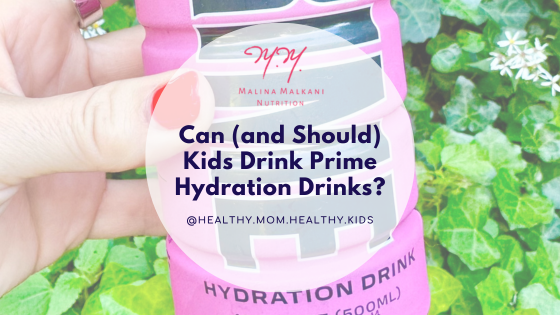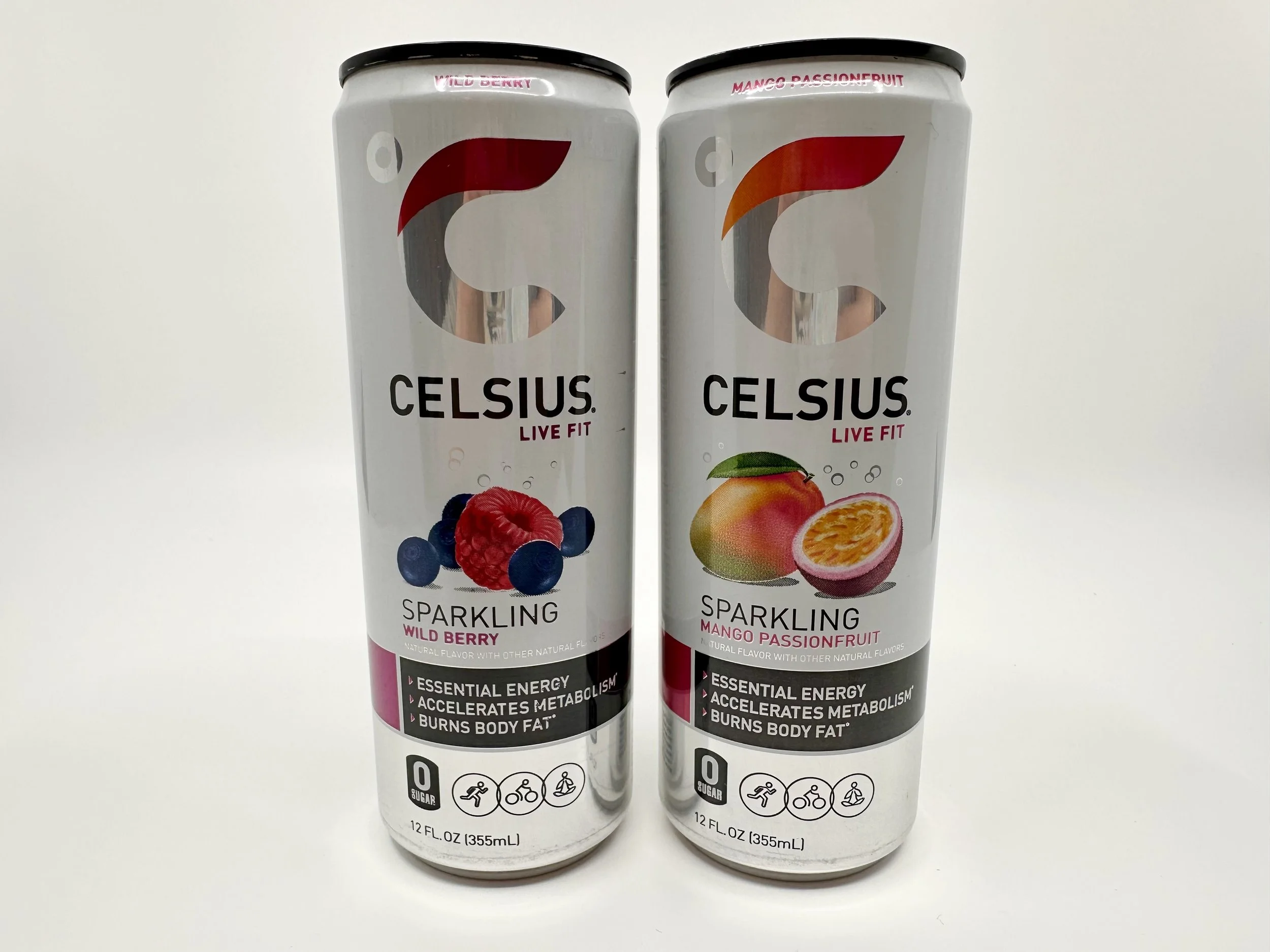Are Celsius drinks healthy for kids?
This blog contains affiliate links, meaning that if you choose to purchase a product through a link, I will receive a small commission - this in no way impacts the amount you pay. Affiliate links are marked with an asterisk (*).
In recent years, the energy drink market has seen a surge in popularity, with various brands competing for attention. Among them, Celsius energy drinks have gained significant traction in both adults and children. My girls are currently ages 14, 12, and 10 and they ask about Celsius energy drinks often, seeing them circulate constantly in the media and in their social circles.
In the realm of energy drinks, Celsius stands out for its purported focus on natural ingredients so it can seem like consuming these energy drinks would be a healthy choice for both kids and adults.
In other words, you’re not alone if you are wondering, “Are Celsius drinks a healthy choice for kids?” The short answer is no, energy drinks like Celsius are not recommended for children and especially not for children under the age of 12, and in this blog post, you’ll get a pediatric registered dietitian’s perspective on why.
We’ll cover Celsius drink side effects, Celsius drink ingredients, Celsius caffeine content, and whether Celsius energy drinks are a healthy choice for kids, so that you can make an informed decision as a parent about your child’s beverage choices.
What are Celsius drinks?
Celsius energy drinks are marketed as pre-exercise fitness drinks that claim to “accelerate metabolism, burn body fat, and provide essential energy” without the jitters or crashes associated with traditional energy drinks.
Celsius energy drink ingredients include green tea extract, ginger, and guarana. They are fortified with vitamins and minerals (including vitamins B and C and chromium), free from aspartame, and high-fructose corn syrup, and artificial preservatives (although this is debatable, given the presence of citric acid in some flavors), and sweetened with both natural sweeteners (stevia) and artificial sweeteners (erythritol).
Celsius highlights its “0 grams of sugar,” “amino acid content” (leucine, isoleucine, theanine), caffeine content, and vitamin B content to market its products as “energy-boosting, healthy energy drinks.”
For the majority of healthy adults, especially those who are trying to limit their calorie and sugar intake, drinking Celsius in moderation is likely fine and may even offer modest benefits in metabolism and performance based on small studies as long as cost isn’t a deterrent. (Celsius energy drinks are comparatively expensive, averaging about $2.50 per single can). For kids, it’s a different story.
How much caffeine is in Celsius drinks?
Celsius drinks typically contain around 200 milligrams of caffeine per 12-ounce can, which is about the same as drinking two cups of coffee, although Celsius Essentials contain about 270 mg of caffeine per 16-ounce can and Celsius Heat contains 300 mg caffeine per can (substantially more caffeine than a comparable amount of Red Bull).
One of the primary concerns with energy drinks, especially for children, is the caffeine content. Caffeine is a natural stimulant found in coffee, tea, chocolate, and some other plants, like guarana. It works by blocking the action of adenosine, a neurotransmitter that promotes sleep and relaxation. This blocking effect leads to increased neural activity, which can help you feel more alert and awake.
The amount of caffeine in Celsius drinks is comparable to some other popular coffee or energy drinks on the market that appeal to kids, but aren’t necessarily healthy for them, such as Prime Energy Drinks.
What are some Celsius energy drink side effects?
Celsius energy drinks are high in caffeine, and caffeine consumption, specifically in children, can lead to sleep disturbances, increased heart rate, blood pressure and temperature, and other adverse health effects and health problems. Caffeine can increase anxiety in those with anxiety disorders and also may play a role in triggering heart arrhythmias.
We all know how important sleep is when it comes to the health and wellness of kids, and caffeine negatively affects sleep. Not getting enough sleep, not sleeping well, or not sleeping long enough can affect thinking, mood, digestion, and the ability to avoid getting sick.
Despite its claims about being a healthier beverage alternative, Celsius energy drinks may also have other potential negative side effects. Some consumers have reported experiencing jitteriness, increased heart rate, and gastrointestinal discomfort. Individual reactions to popular energy drinks and high doses of caffeine can vary depending on age, medical history, and gender. According to the AAP, “avoiding caffeine is the best choice for all kids.“
While a small amount might seem harmless, studies show that regular caffeine intake in kids can impair cognition, negatively affect growth, and create habits that crowd out more nourishing choices.
So... should kids drink Celsius drinks?
In short, no. Studies have not demonstrated any short- or long-term benefits for a child’s brain development, movement skills, or social growth.
While Celsius distinguishes itself with natural ingredients and lower caffeine levels compared to some competitors, it's crucial for parents to exercise caution. As a registered pediatric dietitian, I understand the appeal of its claims to help boost your athlete’s energy levels and performance; however, Celsius drinks are NOT recommended for children under the age of 18.
Instead of drinking Celsius products, I recommend a balanced approach to nutrition and hydration, incorporating water and other healthy options, such as homemade electrolyte solutions using water or coconut water, a pinch of sea salt, and a touch of natural sweetener like honey or 100% juice.
If a child is involved in prolonged and intense physical activities, such as competitive sports or extended exercise lasting more than 2 hours, especially in hot weather, they might benefit from a sports drink that contains sodium, potassium, and a carbohydrate.
Pedialyle Sports Powder Packs* and Nuun Sports Hydration* dissolve in water and create a convenient sports drink that helps replenish lost electrolytes. Both are significantly lower in sugar than Gatorade or Powerade, which are other examples of sports drinks. They also do not contain sugar substitutes like those in Prime Hydration Drinks.
For more information on your child’s nutritional needs, especially as an athlete, please check out my blog for further reading or schedule a virtual consultation with me for one-on-one advice. Please leave a comment below and share with a friend who may need this info. Thanks for reading!






